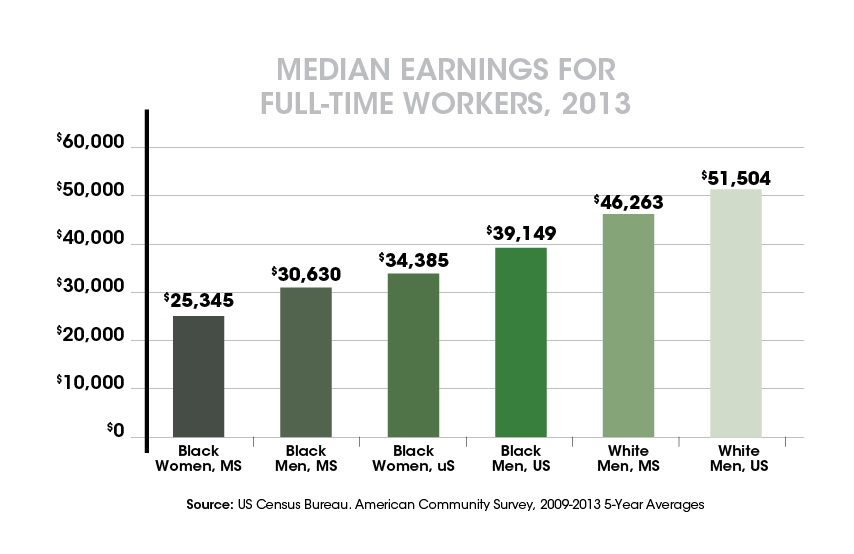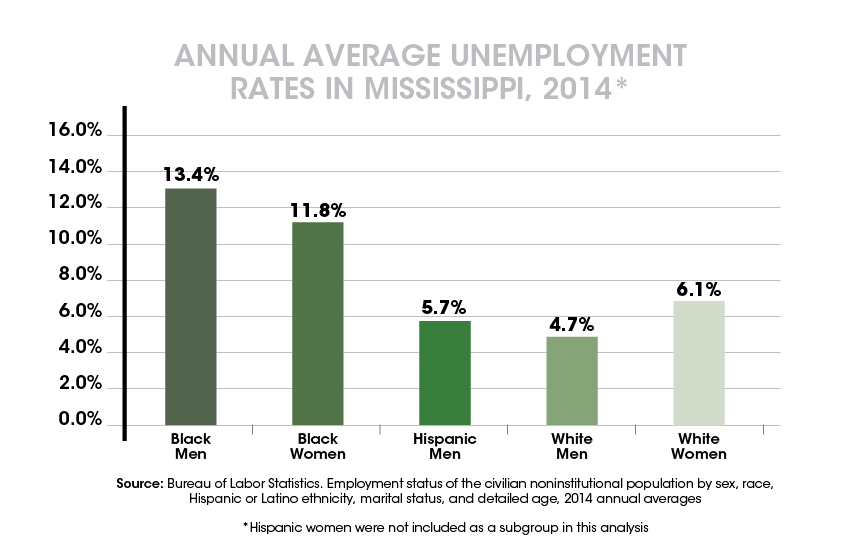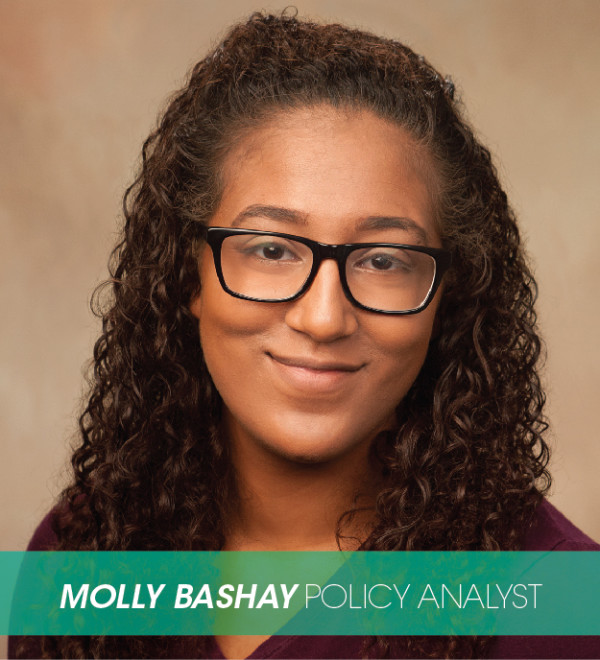Threats and Opportunity: Economic Security for MS Males of Color
December 2nd, 2015
In my two previous blogs, “Meeting the needs of Mississippi’s Middle Skills Job Gap and Education” and “MI-BEST Secures Better Economic Outcomes for Mississippi’s Working Poor Mothers”, I explored the potential benefits of the Mississippi Integrated Basic Education and Skills Training (MI-BEST) program while highlighting the need for an inclusive engagement strategy that supports a diverse participant pool. MI-BEST, an adult education program, will help to strengthen Mississippi’s workforce while supporting economic security for MI-BEST participants through increased opportunities for better-paying jobs. In addition to a robust recruitment strategy that supports diverse participation in MI-BEST, it will also be critical for an adequate evaluation of the program to determine whether MI-BEST is adequately meeting the needs of Mississippi’s most vulnerable populations.
According to a report by the Working Poor Families Project, families headed by racial/ethnic minorities are twice as likely to be poor or low-income (47 percent) compared with non-Hispanic whites (23 percent). In Mississippi, racial/ethnic minorities comprise 62% of working families earning below 200% of the poverty level or $47,100 for a family of four. The disproportionately burdensome impact of the racial/ethnic economic divide among working families threatens both the economic security of Mississippi families and Mississippi’s economy.
The growing racial/ethnic economic divide makes it especially hard for Mississippi’s males of color who experience some of the lowest median full-time earnings and some of the highest rates of unemployment compared to their Mississippi peers. These factors deliver a one-two punch to an already vulnerable group struggling to make ends meet.
Earnings and employment are two pillars of economic security, largely understood as the ability to cover all your basic expenses and modestly save for the future without outside support. Self-sufficiency is central to being economically secure as an individual or family unit. And yet males of color, specifically Black males, routinely earn less than White males both in Mississippi and nationally, making self-sufficiency harder to attain.
In 2013, median annual earnings for Black men in Mississippi were $30,630—over $8,500 less than Black men nationally and $15,500 less than White men in Mississippi. Black women in Mississippi experience a comparable income gap, earning an annual $9,000 less than Black women nationally. This earnings gap fundamentally undermines Black males’ ability to afford necessary daily expenses—let alone set something aside for the future—and renders them and those family members they support economically insecure.
Click to enlarge Figure 1
Additionally, Black working-age men in Mississippi are more vulnerable to high rates of unemployment than any other group based on race and gender. In 2014, Black males experienced the highest levels of unemployment of not only all minority males but of all groups regardless of race and ethnicity or gender (Figure 2).
Click to enlarge Figure 2
When Black males are twice as likely to be unemployed as Hispanic males in Mississippi and nearly three times as likely as White males, economic security seems far out of reach. Low earnings and high unemployment limit the opportunity for Black males in achieving and maintaining economic security in Mississippi. As a result, it is important to consider public policy and programmatic solutions to support full employment and increased opportunities for higher wage paying jobs for all Mississippians. More importantly, evaluating the effectiveness of these policies and programs, such as MI-BEST, to meet the needs of vulnerable populations, supports a strong Mississippi economy that ensures everyone prospers.









